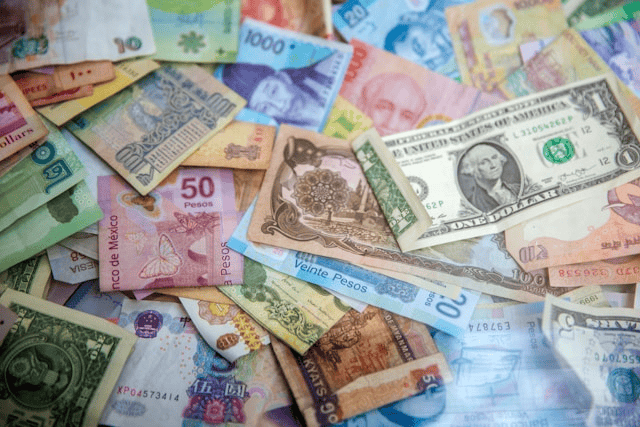Whether you’re traveling abroad, sending money overseas, or dabbling in international investments, understanding currency exchange is essential. Currency exchange determines how much of one currency you can get for another, and knowing how it works can save you time, money, and stress. With rates constantly changing and fees hidden in fine print, being informed helps you make better financial decisions whether at an airport kiosk or on a forex trading platform.
What Is Currency Exchange?
Currency exchange is the process of converting one country’s currency into another. This can be done physically, such as when you swap dollars for euros at a bank, or digitally, as in online currency conversions. While travelers typically use currency exchange for practical spending, investors use it in foreign exchange markets (forex) to profit from currency fluctuations.
There’s a difference between exchanging physical money and trading in forex. In physical exchange, you’re concerned with the immediate rate and fees, while forex trading involves speculation, trends, and market analysis.
How Exchange Rates Are Determined
Exchange rates are influenced by a variety of factors:
-
Supply and Demand: If more people want a currency, its value increases.
-
Economic Indicators: Inflation rates, interest rates, and GDP growth can shift currency strength.
-
Political Stability: Countries with stable governments tend to have stronger, more stable currencies.
-
Market Sentiment: News events, natural disasters, or financial crises can quickly impact rates.
There are two main types of exchange rate systems:
-
Floating Exchange Rates: Determined by market forces without direct government control.
-
Fixed Exchange Rates: Pegged to another currency, such as the U.S. dollar, and maintained by a government or central bank.
Best Ways to Exchange Currency
-
Banks and Credit Unions
These often offer some of the best exchange rates, especially for account holders. -
Currency Exchange Kiosks and Airports
Convenient but typically have higher fees and less favorable rates best for small emergency exchanges. -
Online Money Transfer Services
Platforms like Wise or Revolut can provide competitive rates and low fees for international transfers. -
ATMs Abroad
Can be convenient, but always check if your home bank charges foreign ATM or conversion fees.
Tips to Get the Best Exchange Rate
-
Compare Rates in Advance – Look at multiple sources before exchanging money.
-
Avoid Airports for Large Sums – The convenience comes with a high cost.
-
Use Credit Cards with No Foreign Transaction Fees – This can save you up to 3% per transaction.
-
Consider Timing – Currency values can fluctuate daily; a favorable rate today may not last.
Common Currency Exchange Mistakes
-
Ignoring Fees – Always ask about service fees and hidden costs.
-
Exchanging Too Much Cash at Once – You might end up with leftover foreign currency that’s costly to convert back.
-
Falling for Unofficial Exchanges – Street vendors or unlicensed exchangers can give poor rates or counterfeit bills.
Special Considerations for Travelers
-
Carry a Mix of Payment Methods – Have some cash for small purchases and a card for larger expenses.
-
Learn the Local Currency Denominations – Helps avoid overpaying or accepting incorrect change.
-
Pay in Local Currency When Possible – Dynamic currency conversion often comes with poor exchange rates.
Conclusion
Understanding how currency exchange works can make a big difference in your travel budget or financial transactions abroad. By comparing rates, avoiding unnecessary fees, and knowing when and where to exchange, you can get the best value for your money. Whether you’re a frequent traveler or a first-time globetrotter, smart currency management ensures you make the most of every transaction.









